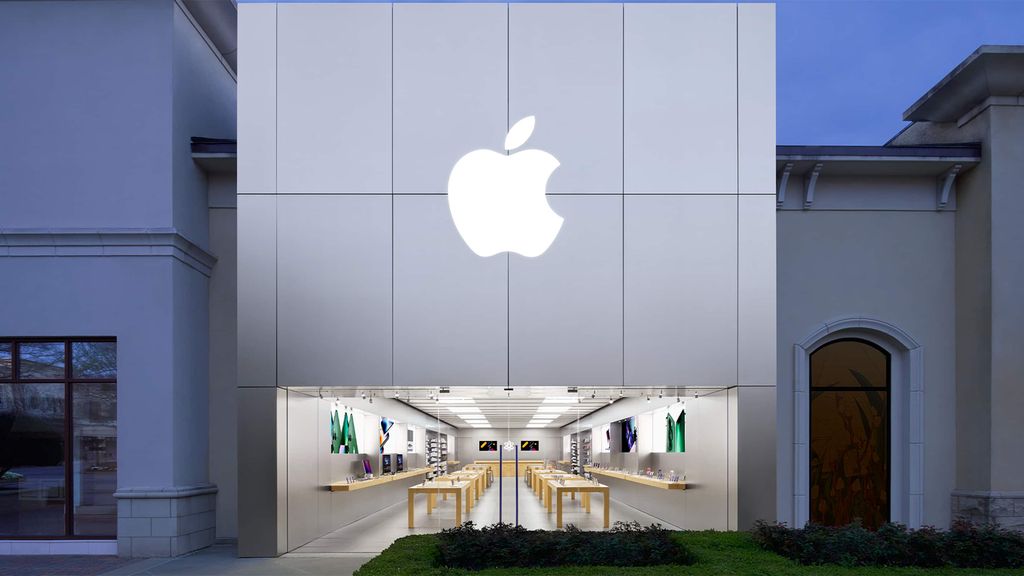
(Image credit: Apple)
Intel is in preliminary discussions with Apple regarding a potential investment, according to Bloomberg, which cites sources familiar with the matter. The two companies are also reportedly exploring ways to work more closely together, although it remains to be seen whether any potential deals can be reached, as negotiations are in the early stages and may not come to fruition.
The reported talks with Apple follow a string of recent deals, including major funding from Nvidia and SoftBank, and conversion of CHIPS Act funding from the U.S. government to equity. These moves are believed to be a part of the company's revival strategy that not only includes securing money, but also securing commitments to use the company's products and services going forward to justify developing Intel's next-generation 14A process technology and building production capacities that will support the node.
Apple used Intel's CPUs inside its PCs from 2005 to 2020, but it never used the company's low-power processors for its iPhones or iPads. Instead, it switched its Macs to Arm-based SoCs in 2020. Apple's current computers do not use any hardware from Intel, even though these systems use technologies originally developed by Intel or co-developed with Intel, including DisplayPort, NVMe, PCIe, Thunderbolt, and USB. Even Thunderbolt 5 controllers/retimers found in the latest MacBook Pro come from Apple, yet are certified by Intel. It is unknown how Apple and Intel could collaborate going forward, though the high-tech world is very convoluted.
Intel's timing to enter negotiations with Apple seems favourable as the high-tech giant has just received investments from Nvidia, SoftBank, and the U.S. government. Such high-profile backers reflect a growing belief in Intel's comeback, so it should be easier for the company to persuade Apple and other potential investors to buy Intel stock. Also, Apple has prioritized expanding its investments within the U.S., even though much of its supply chain remains abroad. In August, it pledged $600 billion toward domestic initiatives, an increase from a previous $500 billion commitment.
Obviously, a deal with Apple would further underscore confidence in Intel's direction, which would carry symbolic weight and bolster Intel's public image. However, if the rumored deal does not yield any agreement, this might harm Intel's position.
Follow Tom's Hardware on Google News, or add us as a preferred source, to get our up-to-date news, analysis, and reviews in your feeds. Make sure to click the Follow button!

-
 C114 Communication Network
C114 Communication Network -
 Communication Home
Communication Home


